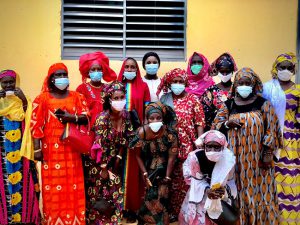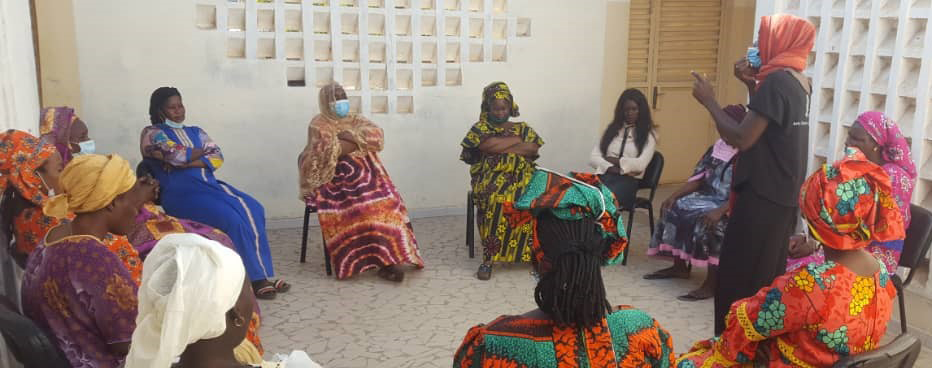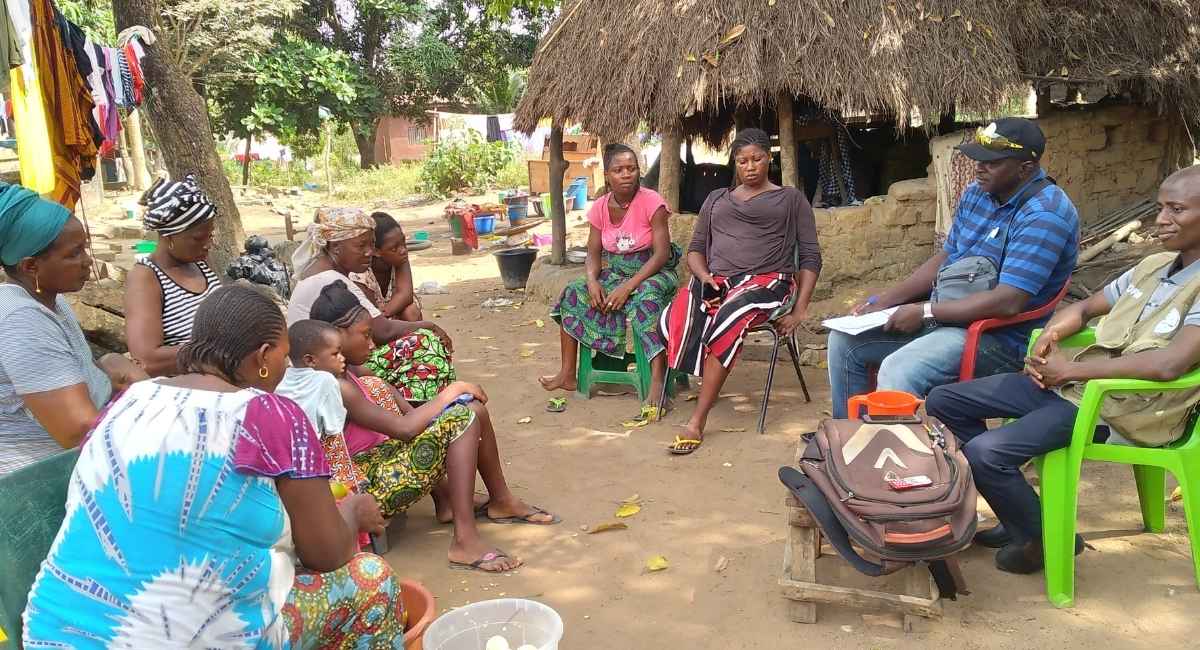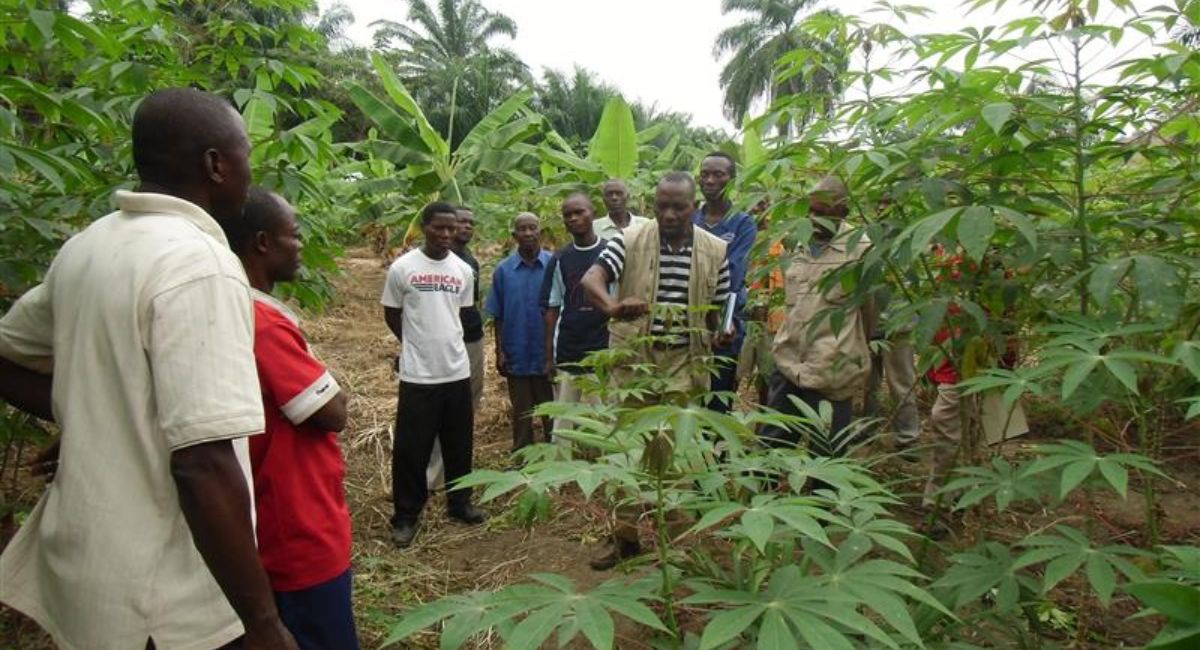In Senegal, since 2017, GRET and the Directorate of water resources management and planning (DGPRE) have been implementing a project to sustainably secure water uses and conservation of ecosystems (Girel), which includes a key component on shared governance. Focusing on concertation raised a number of new issues, in particular relating to the inclusion of women in this process.
In the Niayes region near Dakar, three local water platforms (LWPs) were created. These serve as forums for concertation where each member participates in identifying actions favouring protection and fair sharing of water resources. Yet, women are generally under-represented in these LWPs, with those participating not always daring to express themselves due to a lack of self-confidence. In light of this, the issue of including women in participative and decision-making processes has become central in inclusive and equitable concertation.
Deconstructing gender inequalities
As part of the Girel project, workshops combining theory, drama, forums and feedback from the ground were organised and proposed to women LWP members with a view to joint development of a diagnostic analysis of their situation. By positioning themselves as women in Senegal, they discussed issues with each other and developed their theoretic knowledge of feminism, talked about inequalities between men and women in society and daily life, and shared their experiences as rural women in Senegal. In addition, drama sessions enabled them to develop keys for oral expression and body language, facilitating their public speaking. The subsequent organisation of a mixed workshop with LWP members led to greater inclusion of women’s interests in water resources management, and greater participation by women in LWP governance.
Women’s involvement in concertation platforms is a crucial element of good governance, and representativity is one of its cornerstones. Yet this aspect is not in line with socio-cultural codes in Senegal, where women are not used to taking part in such forums. A deliberately mixed strategy and reflection are necessary therefore to attempt to change practices in this area.

Theoretical knowledge and feedback from participants
Initiated in September 2020, a twelve-month programme was designed for the implementation of monthly workshops, each session bringing together approximately fifteen women from the various LWPs. The first workshop proposed theoretical training on empowerment of women, and made it possible to define what participants expect from the training. Their expectations were as follows:
- better understanding of the concepts of leadership, gender and empowerment;
- better knowledge on women’s rights in terms of access to land, decision-making bodies, etc.;
- understand challenges and issues specific to women;
- gain the necessary skills to fully participate in their LWP activities.

GRET also proposed training involving various women speakers, some of whom were external – such as Marième Soda Ndiaye, the youngest deputy in the Senegalese parliament, and Patricia Gomis, an internationally recognised Senegalese actress, as well women members of the LWPs. “We greatly appreciated Mrs. Marieme Soda Ndiaye’s visit. Through her portrait, we know that leadership is not acquired overnight, it is cultivated; people are not born with a spirit of leadership, they forge it themselves, they become leaders”, says Nogaye Ndiaye, 2nd Deputy Mayor of Mont-Rolland, chairperson of a women’s group and member of an LWP.
The originality of this programme and its long format are, according to feedback from participants, particularly innovative and promising with a view to generating change.






